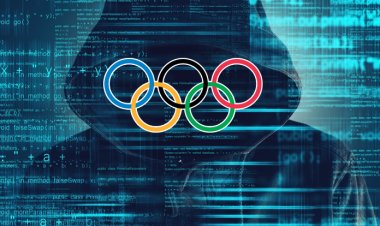More than 40% of UK Gamers Hit by Cyberattacks
Poor cybersecurity procedures are common among gamers in the United Kingdom, leaving them exposed to cyberattacks.

According to a new survey by NortonLifeLock, 42% of UK gamers have had their gaming account or device the victim of a cyberattack, according to Info Security Magazine.
Attacks on gaming devices that result in in-game digital currency, characters or other stuff being taken are the most common, accounting for 20 percent of all cyber-attacks against gamers, according to the Ponemon Institute (12%). Over three-quarters (78%) of those who had an attack said they had been financially impacted, with an average loss of £145 per person.
Doxxing is a practice in which a person's personal information is taken and then made available to the public online, according to nearly one-fifth (19%) of serious gamers.
The study of 700 UK people who play online games revealed some disturbing trends in cyber hazards experienced by other gamers. 28% of those polled acknowledged to considering hacking the gaming account of a friend, family member, or love partner if doing so would give them an edge in a game of chance. A whopping 48% of gamers who identify as "hardcore" agreed with this statement.
Gamers employ hackers to obtain an advantage on their gaming accounts or devices
The survey also found that 43% of UK gamers stated they are at least somewhat likely to take advantage of an exploit in a game. About a third (34%), 30% (30%, and 29%, respectively) of those polled acknowledged to installing hacks on their gaming accounts or devices, while 29% said they would pay to gain control of a user's gaming account.
The survey also found that gamers in the UK had inadequate cybersecurity procedures, which makes them more exposed to attacks. More than half of gamers, for example, use the same username and password across multiple gaming accounts. 37% have given personal information like names and birthdays while playing a game on the internet, 38% have downloaded a cheaper or free version of a game and 30% have downloaded add-ons from a website not affiliated with the distributor.
Armin Buescher, technical director at NortonLifeLock stated, “Scammers know that – for both experienced and casual gamers – cheats, skins and limited edition items are highly sought after." [...] “Offering these competitive boosts is a perfect opportunity to share malicious links or trick gamers into downloading malware that, if successful, can rob players of their gaming profile, personal information or more. Having security that specifically helps protect against these threats can give players peace of mind so they can focus on the enjoyment of the game itself.”

 Alexander
Alexander 








